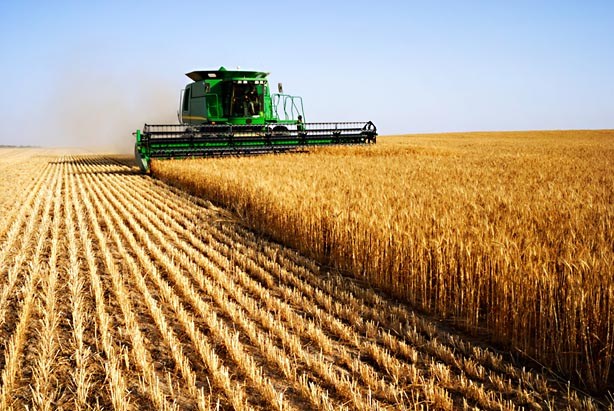To succeed, she explained that Africa’s agricultural revolution needs to be very different to those seen in the rest of world. It requires an inclusive approach that links millions of small farms to agribusinesses, creating extended food supply chains and employment opportunities for millions including those that will transition from farming.
This is in contrast to the model often seen elsewhere in the world of moving to large scale commercial farming and food processing, which employs relatively few people and requires high levels of capital.
The report highlights the opportunity for Africa to feed the continent with food made in Africa that meets the growing demand of affluent, fast growing urban populations on the continent looking for high value processed and pre-cooked foods.
Furthermore, it advocates that this opportunity should be met by many of the continent’s existing smallholder farmers. Currently part of this growing demand for Africa’s food is met by imports. These amount to $35bn yearly and are expected to cost $110bn by 2025 unless Africa improves the productivity and global competiveness of its agribusiness and agriculture sectors.
The report acknowledges that the private sector holds the key to the transformation of the food system so far.
“Impressive value addition and employment is being created by SMEs along value chains in the form of increased agricultural trade, farm servicing, agro processing, urban retailing and food services. Large agribusinesses like seed companies, agro processors and supermarkets are also playing an increasing role in the food value chain in many regions,” said Peter Hazell (IFPRI), the technical director of the report.
However, the study is clear that left to the private sector alone, growth in the agrifood system will not be as fast as it could, nor will it benefit as many smallholder farmers and SMEs as it could.
Government support is needed to both stimulate and guide the transition. As a high priority, governments need to create an enabling business environment and in particular, meet targets to invest ten percent of GDP in agriculture, agreed at the 2003 African Union (AU) Summit as part of The Comprehensive Africa Agriculture Development Programme (CAADP).


